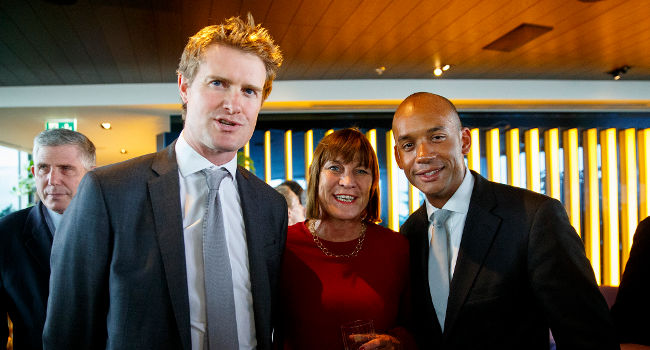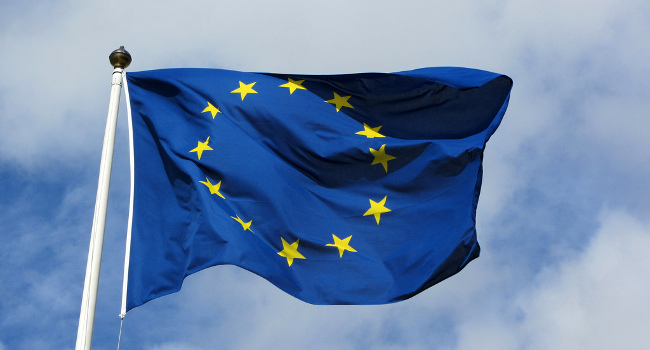The number of workers on zero-hour contracts, which guarantee no working hours to staff, has risen 19 percent in the year to June to 744,000, or 2.4 percent of those in employment, according to data from the Office for National Statistics (ONS) released on Wednesday.
The use of such contracts has been controversial in the past, with some arguing they disadvantage workers and allow firms to dodge the greater obligations to staff that come with full or part-time contracts. Frances O’Grady, the general secretary of the union TUC, said of the figures:
“Zero-hours contracts are a stark reminder of Britain’s two-tier workforce. People employed on these contracts earn £300 a week less, on average, than workers in secure jobs. I challenge any minister or business leader to survive on a low-paid zero-hours contract job, not knowing from one day to the next how much work they will have.”
But supporters of the contracts argue that they allow people to work flexible hours, and are actually popular among those that use them. To find the truth the Right Dishonourable dug into the data.




